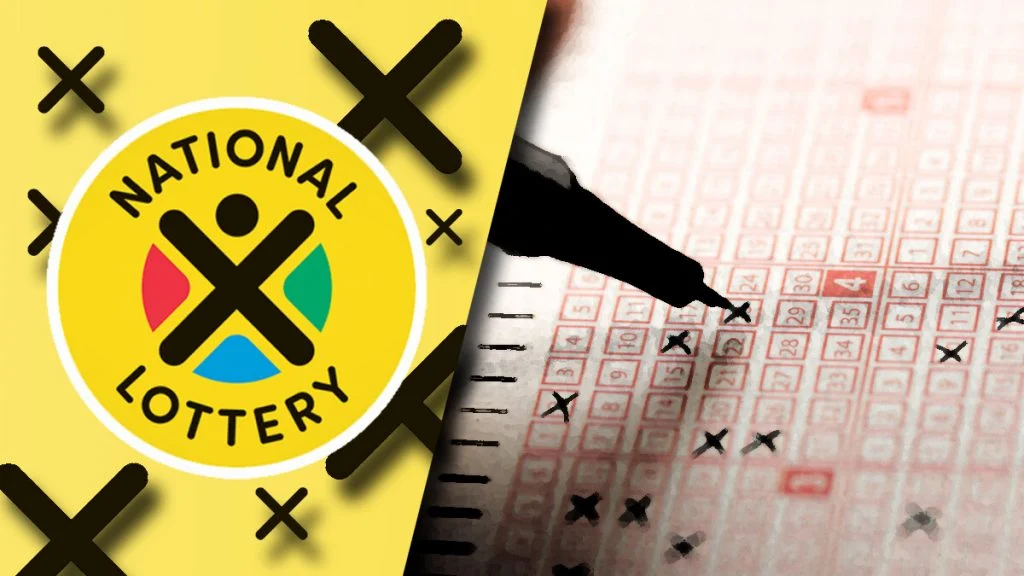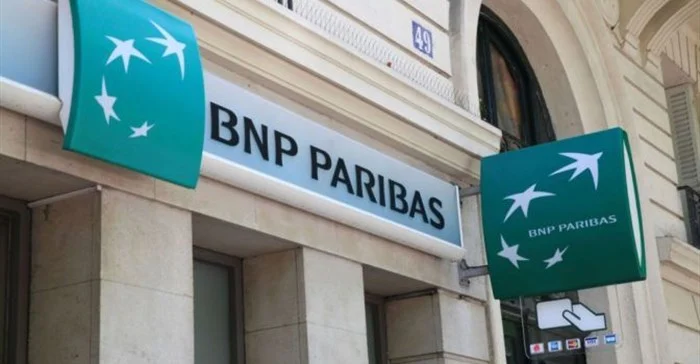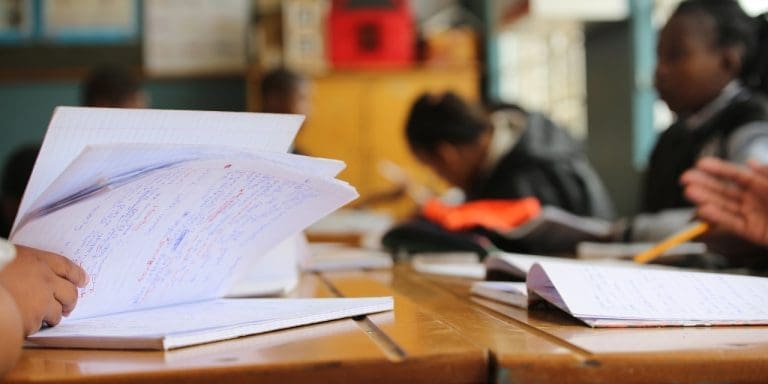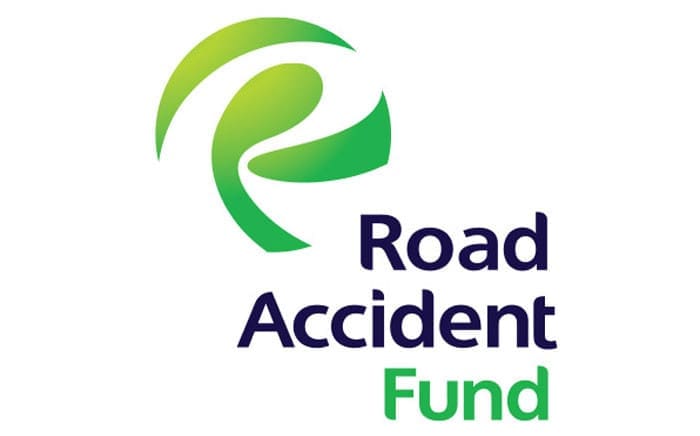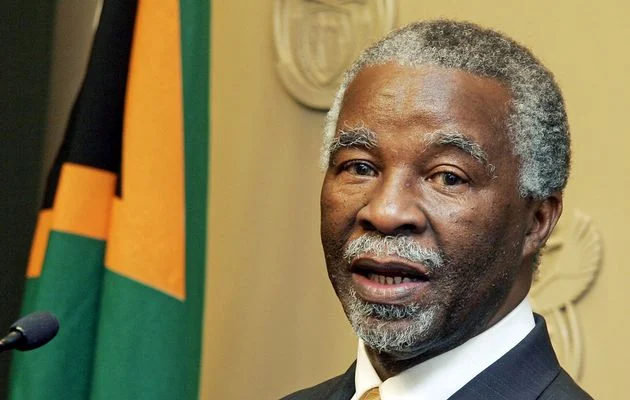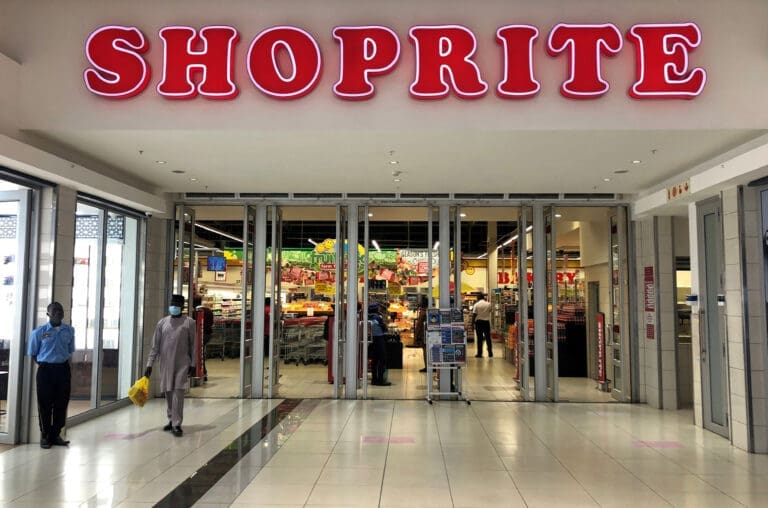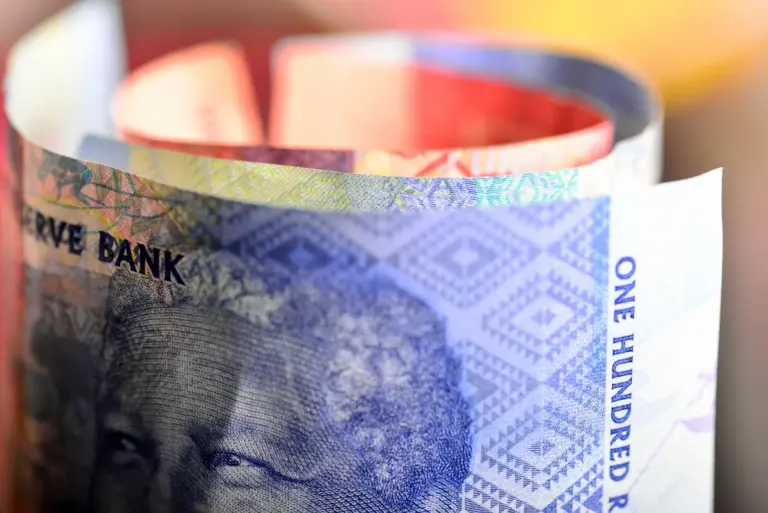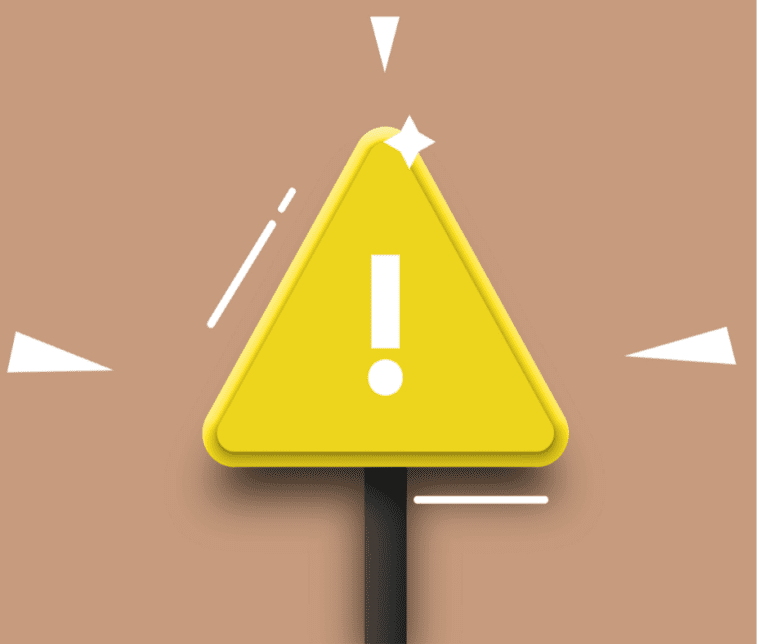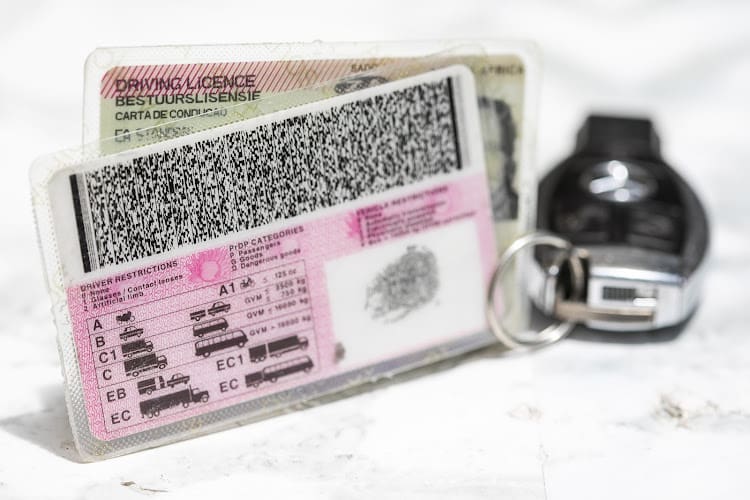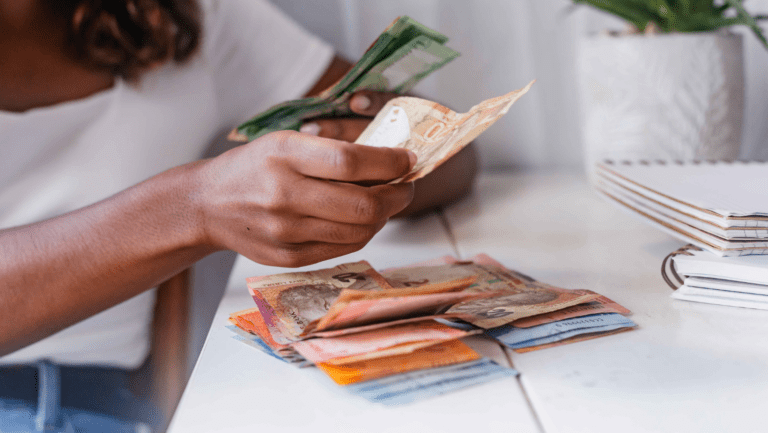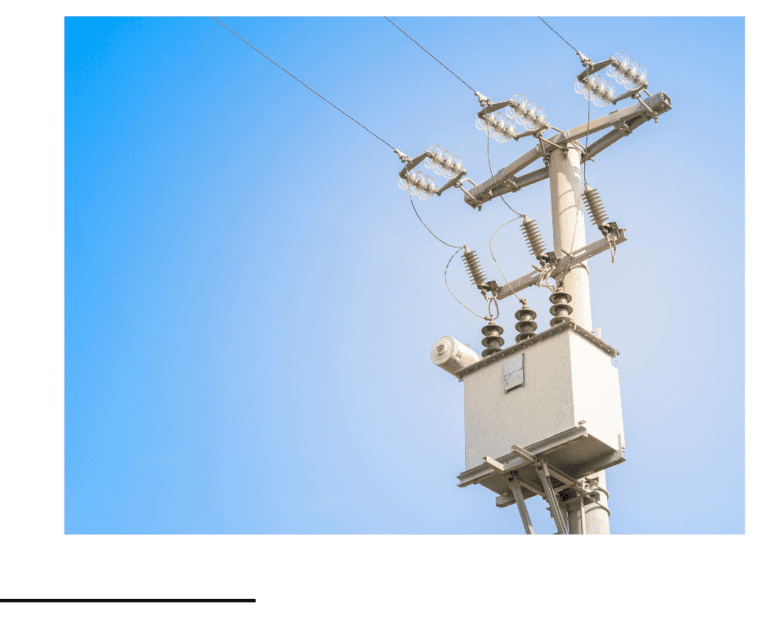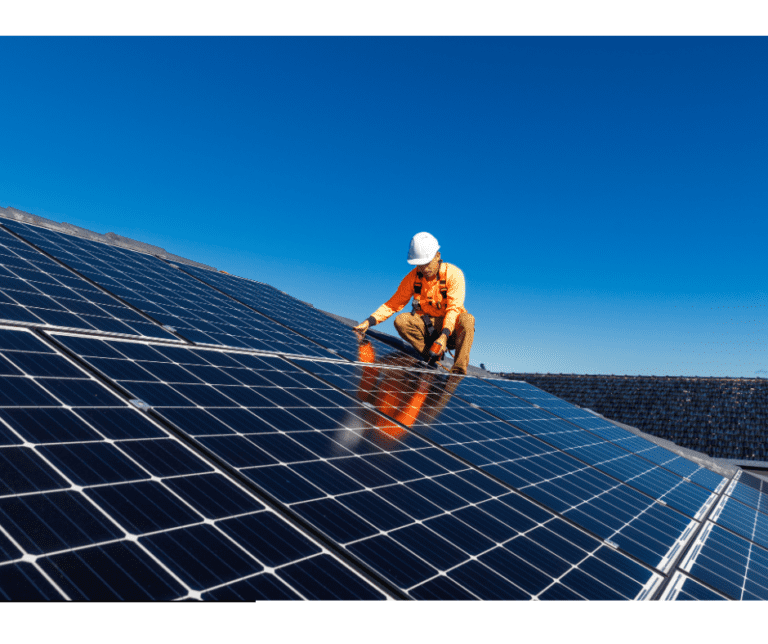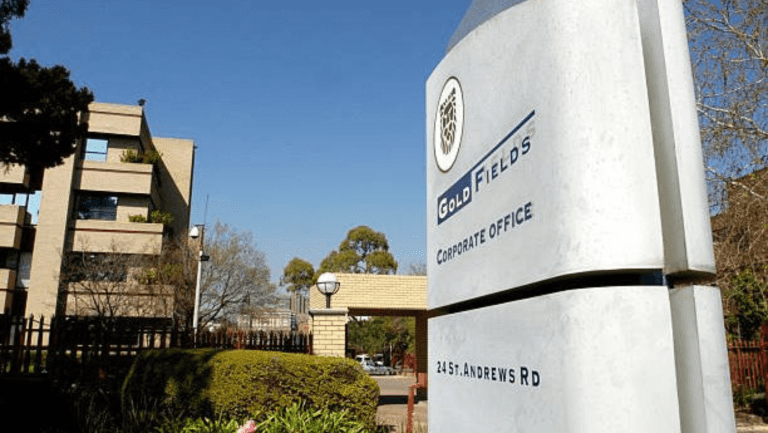In the realm of dreams and aspirations, the allure of winning the lottery has captured the imagination of South Africans as yet another Powerball draw concludes with no winner. The jackpot now stands at an astounding R120 million, marking one of the largest in the history of South African lotteries. The question on many minds is, “What would I do if I won?” Yet, the reality remains that the chances of turning this dream into reality are incredibly slim.
To put it into perspective, you are 20,000 times more likely to be born with an extra toe than to win the South African lottery. Despite the astronomical odds, the temptation to spend a mere R5 on a ticket for the chance to win millions, often exceeding R100 million, persists. The top ten jackpots from the South African National Lottery have all soared above R100 million, with the highest reaching an impressive R232,131,750 in 2019. However, the odds of joining this exclusive club of winners are staggeringly minute—1 in 20,358,520 to be exact.
The Powerball, with its additional complexities, presents even grimmer odds, boasting over 42,375,200 possible combinations when selecting 5 out of 50 numbers and 1 out of 20 numbers. To put it bluntly, your odds of being struck by lightning in South Africa are 58 times higher than winning the standard Lotto jackpot and a staggering 121 times higher than winning the Powerball.
For perspective, consider other events more likely to occur:
- 5.4 (Lotto) to 11.3 (Powerball) times more likely to be attacked by a shark – 1 in 3.75 million odds.
- 6.1 to 12.7 times more likely to win a gold Olympic medal – 1 in 3.33 million odds.
- 1,628 to 3,390 times more likely to hit a hole-in-one while playing golf – 1 in 12,500 odds.
- 400,000 to 830,000 times more likely to get a ticket to Taylor Swift’s 2023 Eras Tour – A 2% chance.
While the allure of winning the lottery may encourage a “Never tell me the odds” mindset, it is crucial to evaluate the worthiness of such an investment. The South African lottery involves 52 balls with a draw of six, resulting in a staggering 20,358,520 possible combinations—the foundation for the 1 in 20,358,520 odds. These odds persist for each lotto draw, occurring twice weekly.
Despite the common belief that playing more frequently increases the odds of winning, each lotto draw maintains its independent probability. In essence, the chances of your ticket winning this week are no greater than the odds of next week’s ticket being a winner. Playing more frequently does increase the overall chances, but the increment is minimal. Even playing consistently from the eligible age of 18 until the South African life expectancy of 65 provides 4,888 opportunities, yet the chances of losing remain overwhelmingly high at 99.975%.
If the seemingly insurmountable odds of winning the Lotto deter you, redirecting your ticket-buying money into a more promising venture may be prudent. With an annual spend of R520 (R5 per ticket and two plays per week) over 47 years, contributing R43 per month into a savings account with a 7% interest rate could result in a projected balance of R176,254, with a total investment of only R24,440. However, it’s essential to note that R176,254 in 47 years is equivalent to around R11,396 in today’s money, according to Sanlam Reality’s Saving Calculator.
For those seeking even more substantial returns, a 10% return through an investment index like the S&P 500 could yield a projected savings balance as high as R473,956, worth R30,645 in today’s terms. This presents a significantly more reliable guarantee of a return on investment compared to the Lotto’s 99.975% chance of losing.
As South Africans continue to indulge in the tantalizing dream of hitting the jackpot, it’s crucial to balance enthusiasm with a realistic understanding of the odds. Exploring alternative avenues for financial growth may well lead to more secure and tangible rewards than the elusive pursuit of a lottery win.


